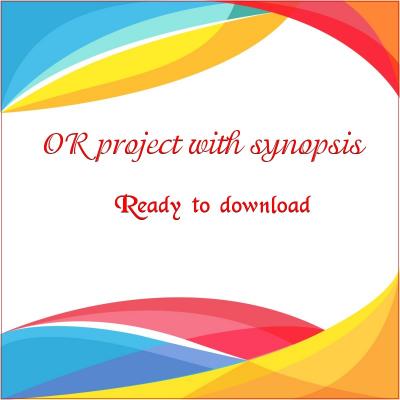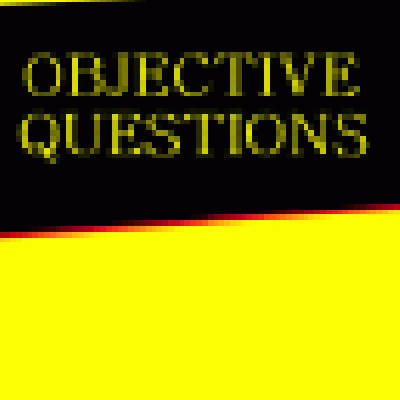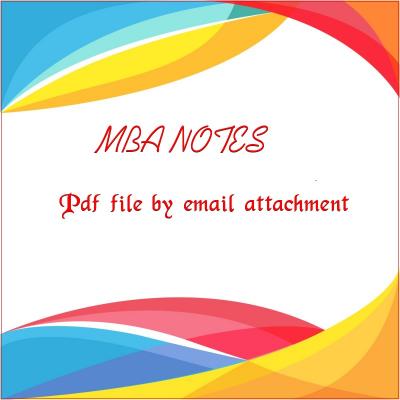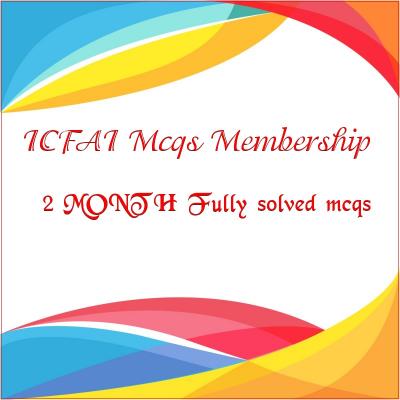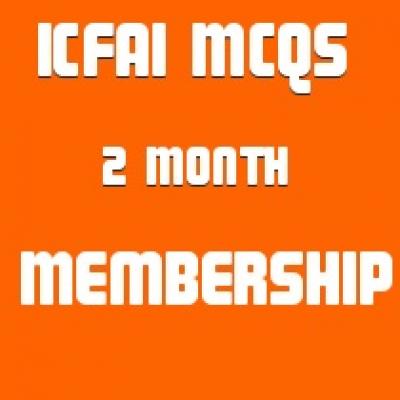INTERNATIONAL BUSINESS MANAGEMENT
Price:
Rs500
Multiple choices:
Q1. What is the series consideration for strategy implementation?
-
Strategic orientation
-
Location
-
Dimensions
-
Both (a) & (b)
Q2. The major activity in global marketing is:
-
Pricing policies
-
Product lines
-
Market assessment
-
All of the above
Q3. The third „P‟ in the international marketing mix is:
-
Product
-
Price
-
Promotion
-
Place
Q4. The European Economic Community was established in____________
-
1958
-
1975
-
1967
-
1957
Q5. Environment Protection Act on______________
-
1986
-
1967
-
1990
-
None of the above
Q6. People‟s attitude toward time depend on:
-
Language
-
Relationship
-
Culture
-
All of the above
Q7. Culture necessitates adaption of :
-
Product
-
Price
-
Promotion
-
Place
Q8. The legal term for brand is:
-
Symbol
-
Name
-
Trade mark
-
All of the above
Q9. FDI flows are often a reflection of rivalry among firms in____________
-
Global market
-
Indian market
-
International market
-
None of the above
Q10. ISO certification is:
-
Expensive process
-
Elaborate process
-
Evaluative Process
-
Both (a) & (b)
Part Two:
-
What do understand by „Inward-oriented Policies‟?
-
What is „Factor Endowments Theory‟?
-
Explain the term „Totalitarianism‟.
-
Write about „Persistent Dumping‟.
Case let 1
Questions:
-
Is gross domestic product per capita a useful indicator of International competitiveness in the EU?
-
Is it fair to point the blame for the EU‟s poor international competitiveness at inflexible labor markets, regulated goods and services markets, and a general lack of competition? What alternative explanations might be suggested?
Case let 2
-
What are some current issues Facing Peru? What is the climate for doing business in Peru today?
-
Would the bank be better off negotiating the loan in New York or in Lima? Why?
-
Imagine that you are the director of a major international lending institution supported by funds from member countries. What one area in newly industrialized and developing economics would be your priority for receiving development aid? Do you suspect that any member country will be politically opposed to aid in this area? Why or Why not?
-
The principle problem in analysing different forms of export financing is the distribution of risks between the exporter and the importer. Analyse the following export financing instruments in this respect:
(a) Letter of Credit
(b) Cash in advance
(c) Draft
(d) Consignment
(e) Open Account
1. Case study solved answers
2. pdf/word
3. Fully Solved with answers


